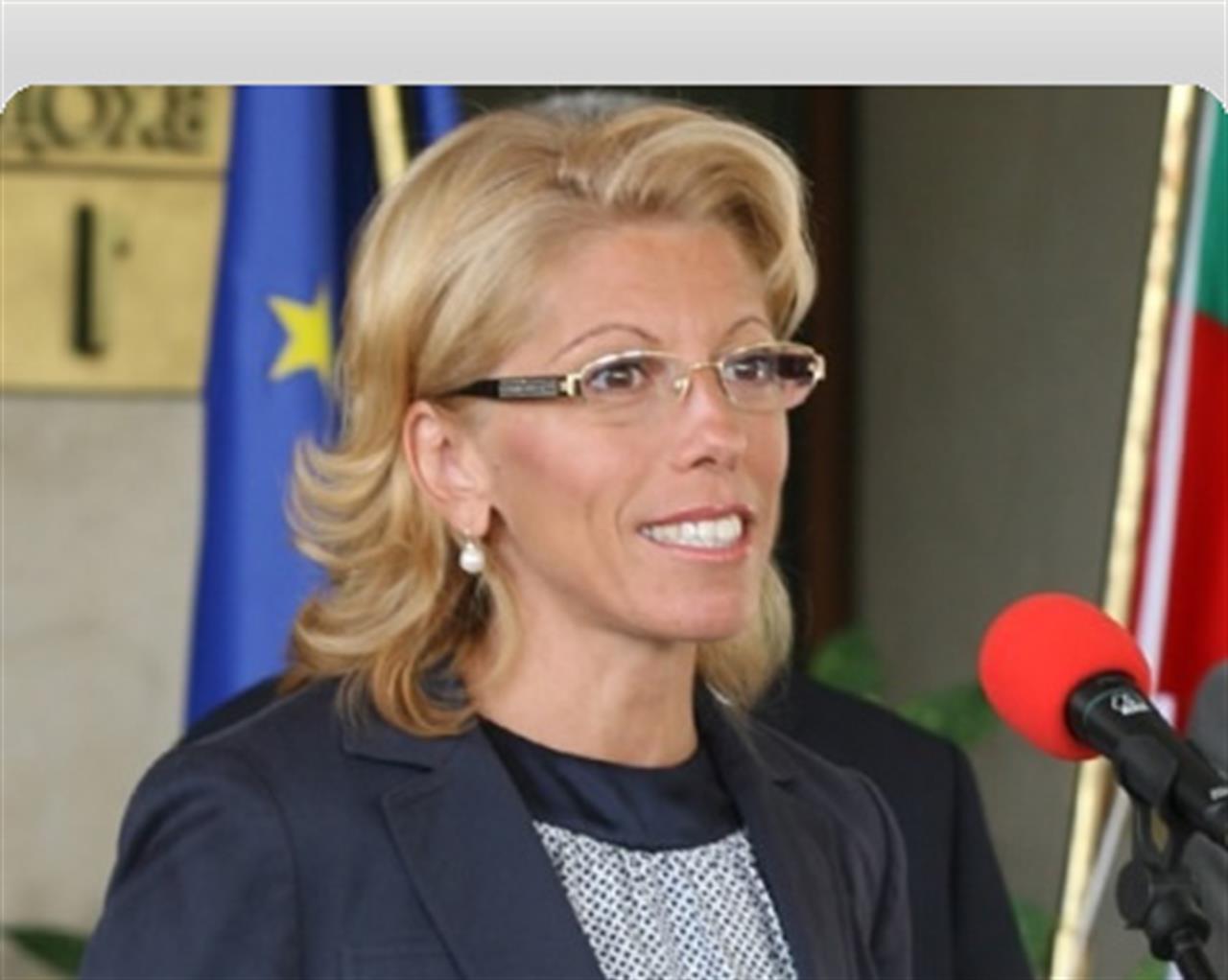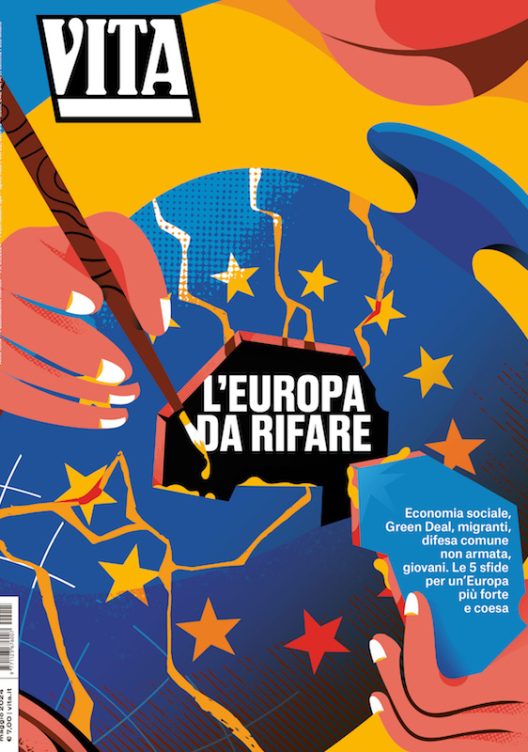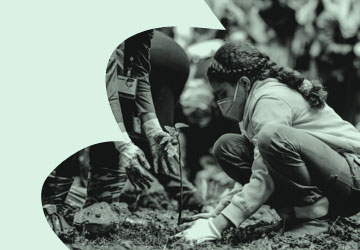Attivismo civico & Terzo settore
What does Barroso II mean for civil society?
The consequences of new nominations in Brussels

Rumiana who?
A few weeks away from the nomination of the Barroso II team, the European commissioners’ team for the next five years, the Brussels of social lobbyists and of big coordination of non profit entities is still without words. At least it is still without official words, useful for issuing in press releases.
Because Rumiana Jeleva, Bulgarian Minister for Foreign Affairs appointed Commissioner for Humanitarian Aid, is a perfect stranger in the NGO and aid worlds. But especially because nobody expected the break up of competences into two separate appointments – on the one side a commissioner for development assigned to former Energy responsible, Andris Piebalgs and on the other International Cooperation, Humanitarian Aid and Crisis Response.
Sources cannot be cited but opinions and fears are unanimous: it is a top down decision, come from high above to crash down onto civil society.
Echo (European Commission Humanitarian Aid), separated from other directions, risks to be isolated, become economically weak and also politically exploited if, as it is rumoured, Jeleva will also be given the responsibility for civilian Protection. This, without even getting onto the subject of the shear impossibility of seeing humanitarian intervention in a long-term framework of action.
Does this reorganization spell total disaster then?
It depends on the fields of intervention, explains Tony Venables, Ecas’ – the European Citizen Action Service – director.
“With the break-up of the justice, security and internal affairs portfolios, the new post of a commissioner for citizenship and fundamental rights, taken up by Viviane Reding, responsible for Communication in Barroso I has been created”.
A piece of news that, together with the coming into force of the Treaty of Lisbon, opens new possibilities to the non profit sector. But at one condition, specifies Venables: “The third sector must also learn to relate with the Parliament that, with the election of many former commissioners in the last consultations, will always be more powerful and where a house for civil society could soon be created.”
Ecas’ director also reassures the fears of those who, having counted 10 commissioners from the East out of 27, are afraid of a further flow of funds towards New Europe.
“This is not the specific intention of the Commission, it is more that the non profit sector has to learn to persuade structural funds’ managers, headed by the Regions, not to fall into the trap “less money means fewer and bigger projects.”
When funds decrease, the path to have real impact on the ground is rather to aim at big partnerships with civil society.
“Struggling non profit sectors should take as an example what associations and English NGOs did in the Thatcher era: blocked on the national front, they brought their ideas to Europe. The nominationof less well-known commissioners, and of two politicians considered unimportant as Presidents of the European Council, could leave more space to proposals of interesting contributions.”

